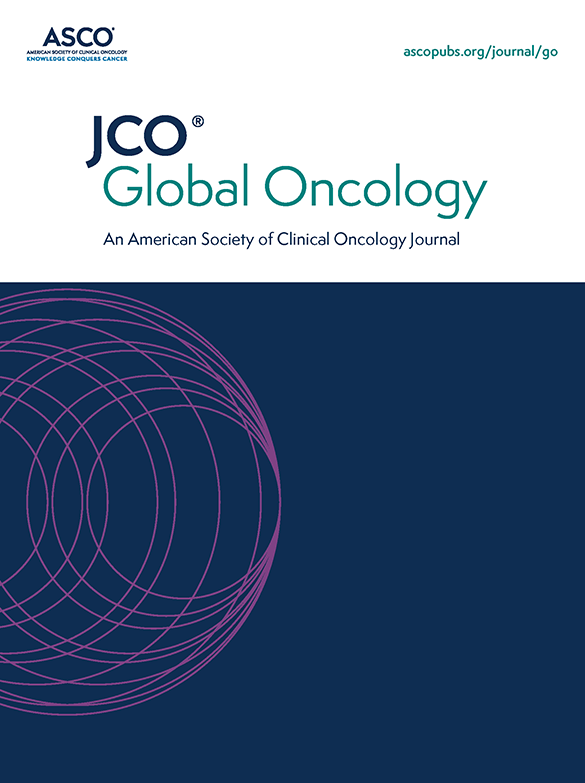
A new ASCO policy statement is emphasizing the urgent need for global equity in clinical trials.
The statement, which published in JCO Global Oncology, explains how global equity can be advanced by diversifying trial representation, increasing access to resources, and strengthening research capacity on a global scale.
“Cancer is a global issue that impacts public health in every region in the world,” said Sana A. Al Sukhun, MD, MSc., FASCO, one of the statement’s authors. “By improving access globally to clinical trials and increasing representation in cancer research, we will not only improve outcomes around the globe, but be upholding the principles of fairness and justice in health care.”
The statement details several ways the global oncology community can work together to make clinical trials more accessible to more diverse patient populations in a wider range of settings. It also highlights how previous global responses can serve as a blueprint for how countries can work together. For instance, during the HIV epidemic, the international community rallied to increase resources, funding, and research collaborations, resulting in remarkable advancements.
“Applying similar principles and resource allocation to cancer research could transform the landscape of clinical trials and, in turn, enhance cancer care delivery and improve outcomes and access globally,” the authors noted.
The statement outlines why profound disparities in patient outcomes continue to persist globally, despite significant advancements in cancer treatments, in part due the lack of access to appropriate clinical trials. These disparities are particularly evident in at-risk populations in low- and middle-income countries (LMICs), which bear a disproportionate lack of clinical trial representation despite a higher burden of cancer-related deaths compared to high-income countries.
“Increasing global clinical trial participation is crucial to helping us better understand the nuances of cancer care in different populations so that we can continue toward the goal of personalized medicine and optimal treatment strategies,” said statement author Verna D. Vanderpuye, MD, MBChB, FWACS, FGCP, FASCO. “Improving representation can also help us address the impact of social determinants of health on cancer outcomes.”
The statement includes several recommendations on how to achieve global equity in clinical trials, including urging government agencies to leverage best practices from across the globe to improve funding and regulatory policies.
These policies, intended to streamline processes and prevent exploitation, are “frequently overly complex, costly, and burdensome, hindering the registration and approval of innovative drugs for clinical trials in LMICs,” wrote the authors, who note such hurdles as duplicative ethical approvals, inadequate training of staff conducting ethical reviews, and disruptive administrative requirements. The statement also stresses the need for funders and health care institutions to increase investment, support, and rewards for local researchers through protected time for research, reduced clinical obligations, and recognition. For trial sponsors and health care stakeholders, they call for the investment and expansion of funding for clinical research infrastructure and research and stress the need for expanding patient education and awareness of clinical trial participation by including patient advocates, key opinion leaders in the community, religious leaders, and family units to obtain buy-in for clinical trial participants.
ASCO is committed to improving equitable cancer outcomes across the globe. Learn more about ASCO’s global work with Regional Councils here.
